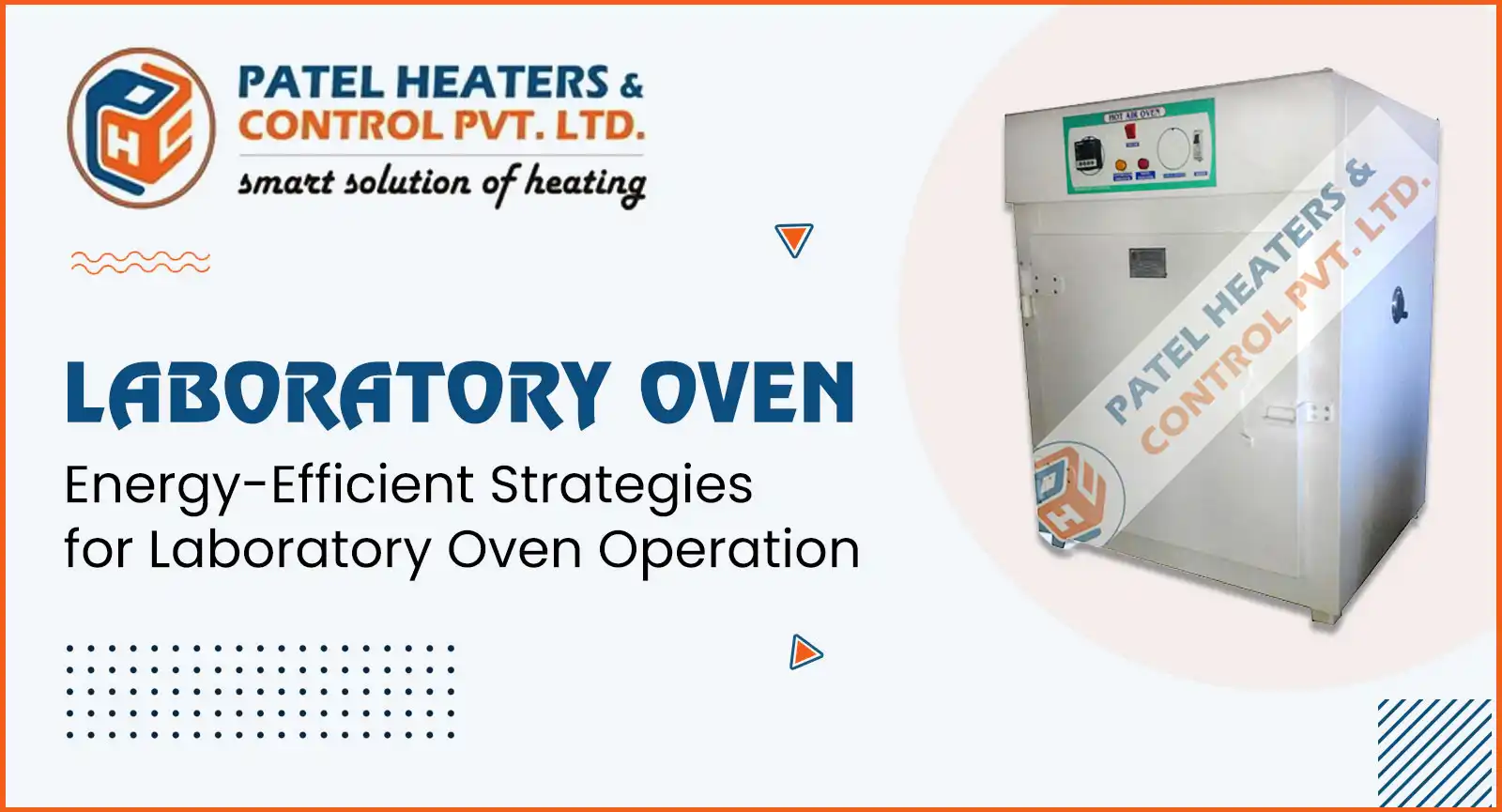Energy-Efficient Strategies For Laboratory oven operation
Laboratory oven is indispensable tools in scientific research and various industrial applications. They are used for multiple tasks, including drying, curing, annealing, and sterilizing. However, the energy consumption associated with l oven operation can be significant in terms of cost and environmental impact.
The Significance of Energy Efficiency in Laboratory Oven
Before delving into specific strategies, it’s essential to understand why energy efficiency matters in laboratory oven operation. Energy efficiency helps reduce operational costs and aligns with broader environmental and sustainability goals. Here are some key reasons why energy-efficient laboratory oven operation is crucial:
- Cost Savings: Energy consumption can account for a significant portion of laboratory operating costs. Organizations can save on electricity bills by adopting energy-efficient practices and allocating resources to other critical research or production needs.
- Environmental Impact: High energy consumption contributes to greenhouse gas emissions and environmental degradation. Reducing energy use in ovens helps lower an organization’s carbon footprint and supports eco-friendly initiatives.
- Resource Conservation: Energy efficiency preserves valuable natural resources, including fossil fuels and electricity. As energy sources become scarcer, it’s essential to use them judiciously.
- Compliance and Regulation: Some regions have strict regulations and standards governing energy consumption and emissions. Adhering to these standards is legally required and an ethical responsibility.
Effective Strategies to Achieve Energy Efficiency in Laboratory Oven:
1. Proper Sizing and Selection
One of the fundamental steps in ensuring energy-efficient oven operation is selecting the right oven for your specific needs. Proper sizing and selection involve considering the volume, temperature range, and heating method required for your applications. An oversized oven consumes more energy to heat a larger space and takes longer to reach the desired temperature. Conversely, an undersized oven will work harder to maintain the required temperature, increasing energy usage. Therefore, carefully assess your requirements and choose an appropriately sized range.
2. Insulation
The insulation of an oven offered by Laboratory Oven manufacturers in India is critical for maintaining temperature stability and reducing energy consumption. High-quality insulation minimizes heat loss, allowing the oven to maintain the desired temperature more efficiently. When purchasing or maintaining ovens, please pay attention to the insulation materials and ensure they are in good condition. In older ovens, upgrading or adding insulation may be a cost-effective way to improve energy efficiency.
3. Temperature Control
Precise temperature control is essential for energy-efficient oven operation. Modern ovens have advanced temperature control systems that can maintain a consistent temperature within a narrow range. Use these controls to set the oven to the lowest temperature necessary for your application. Avoid unnecessary temperature fluctuations, as they can lead to increased energy use. Additionally, consider programmable controllers that allow you to set temperature profiles for different processes optimizing energy consumption over time.
4. Timers and Alarms
Implementing timers and alarms can help keep laboratory oven from running longer than necessary. Set timers to automatically turn off the oven when a process is complete or alert users when it’s time to remove samples. This prevents energy waste due to extended operation and minimizes the risk of overheating or overbaking.
5. Ventilation and Airflow
Proper ventilation and airflow are crucial for maintaining temperature uniformity inside the oven. Inefficient airflow can lead to hotspots and temperature variations, requiring the oven to work harder to compensate. Regularly clean and inspect the oven’s ventilation system, including fans and air ducts, to ensure optimal performance. Consider using convection ovens, which rely on forced airflow to distribute heat evenly, reducing the need for excessive heating.
Conclusion
Ovens are essential tools in scientific research and industrial processes, but their energy consumption can be expensive. By implementing energy-efficient strategies such as proper sizing, insulation, temperature control, timers, and regular maintenance, organizations can reduce their energy footprint and operating costs while maintaining the quality and reliability of their processes. Energy efficiency benefits the bottom line and supports environmental sustainability efforts, making it a win-win for laboratories and the planet. Patel Heaters & Control Pvt Ltd is the one-stop destination for Laboratory Oven suppliers in India.
Patel Heaters
Patel Heaters and Control has immense expertise in the manufacturing of Industrial heaters and heating elements. We have been providing heating solutions to our clients since 1982.







